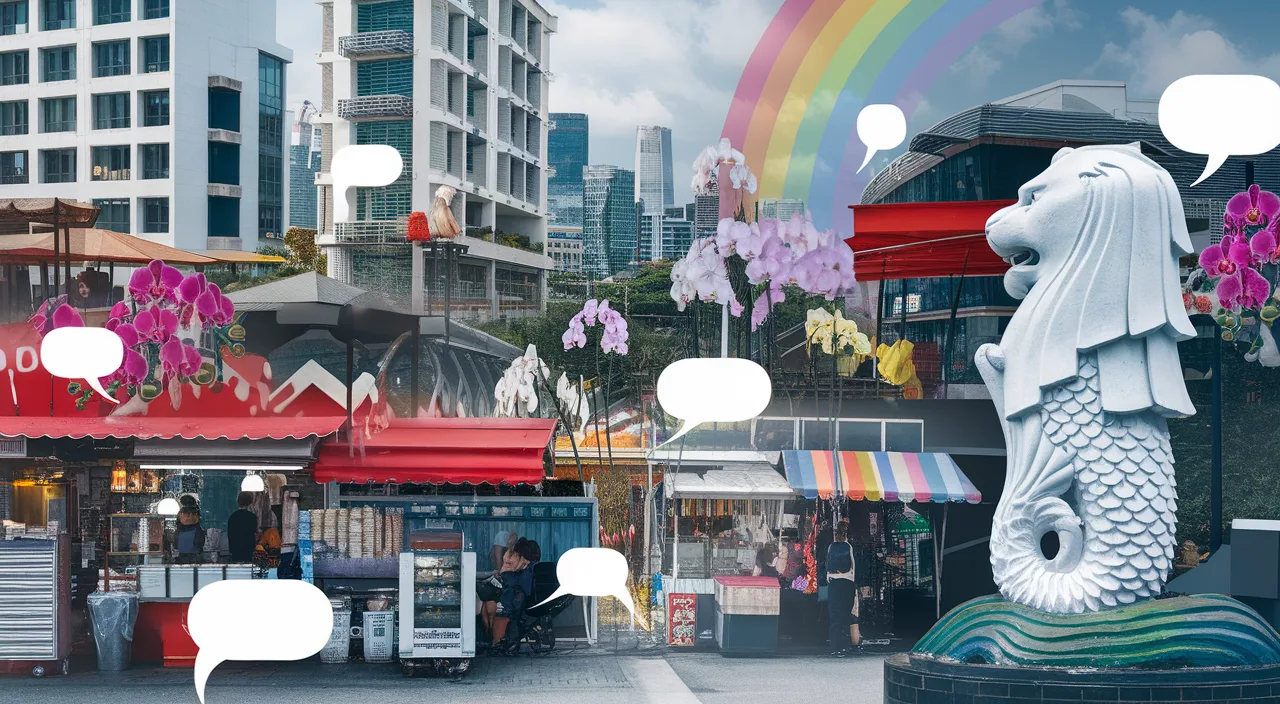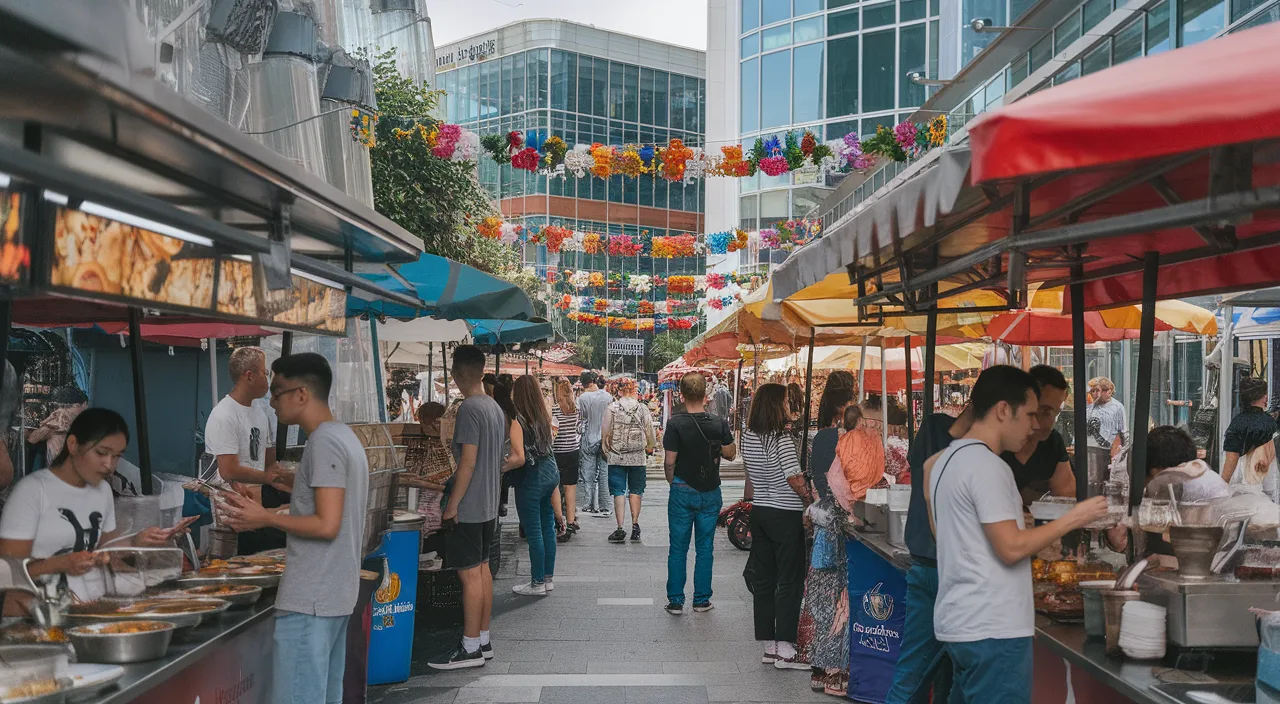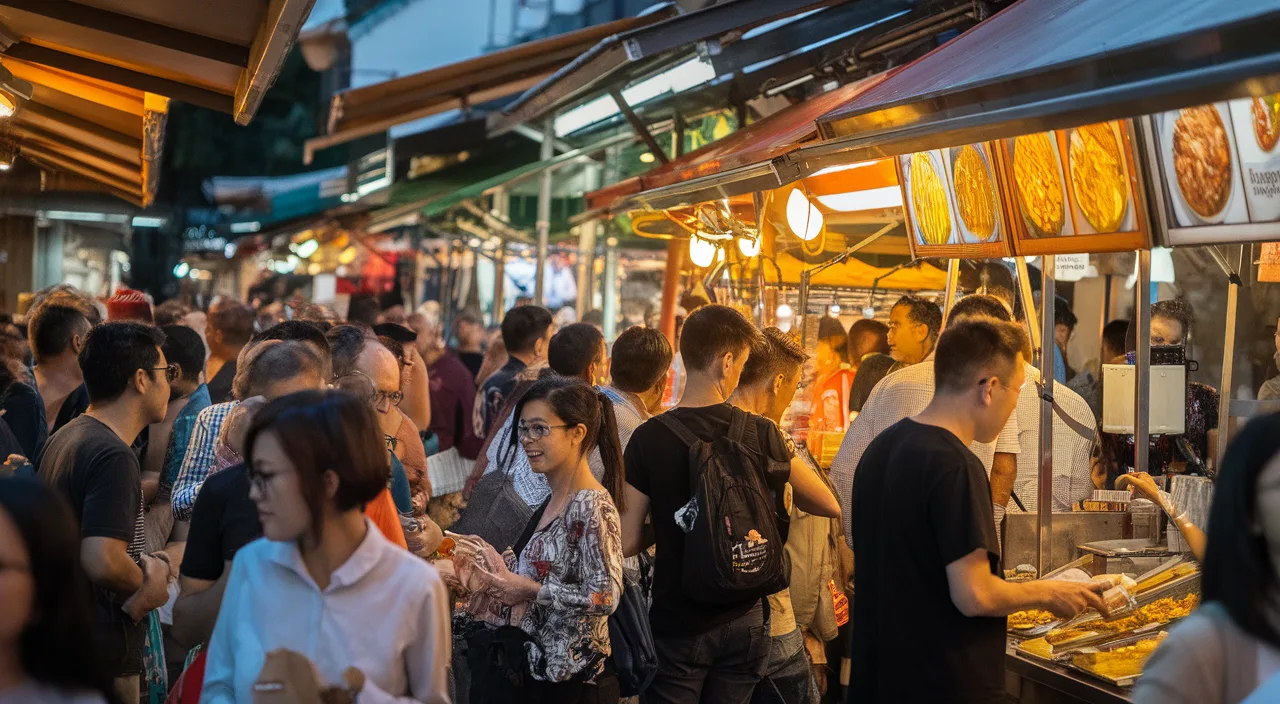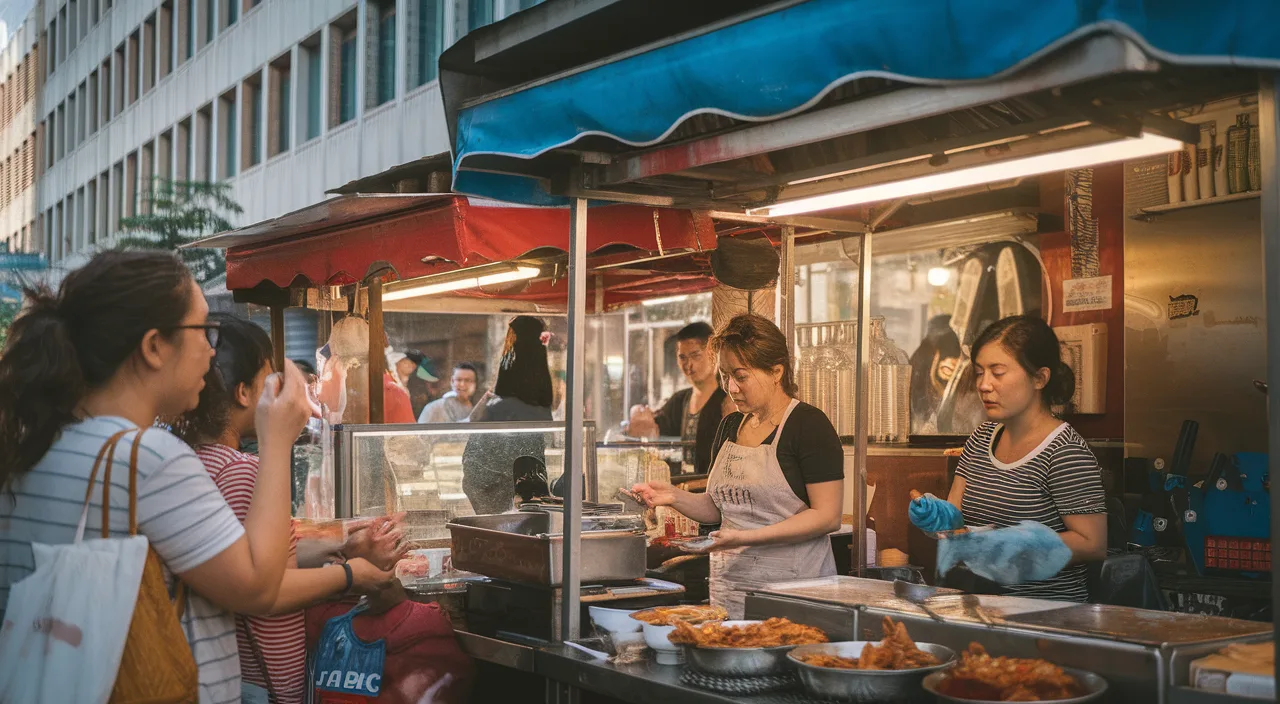Growing up in Singapore, Singlish wasn’t just how we spoke; it was how we felt, how we connected, and how we truly understood each other. It’s the linguistic heartbeat of our island, a vibrant tapestry woven from English, Malay, Hokkien, Teochew, Cantonese, and Tamil. For Singaporean Gen Z and Millennials, Singlish is an unspoken agreement, a shorthand for shared experiences and collective humour. It’s more than a collection of words; it’s a “whole mood” that captures our unique spirit, our resilience, and our unmistakable identity. This article dives deep into why Singlish is so much more than a dialect, exploring its rich history, its most beloved phrases, and its profound impact on what it means to be Singaporean, embracing the cultural significance often missed by competitors.








